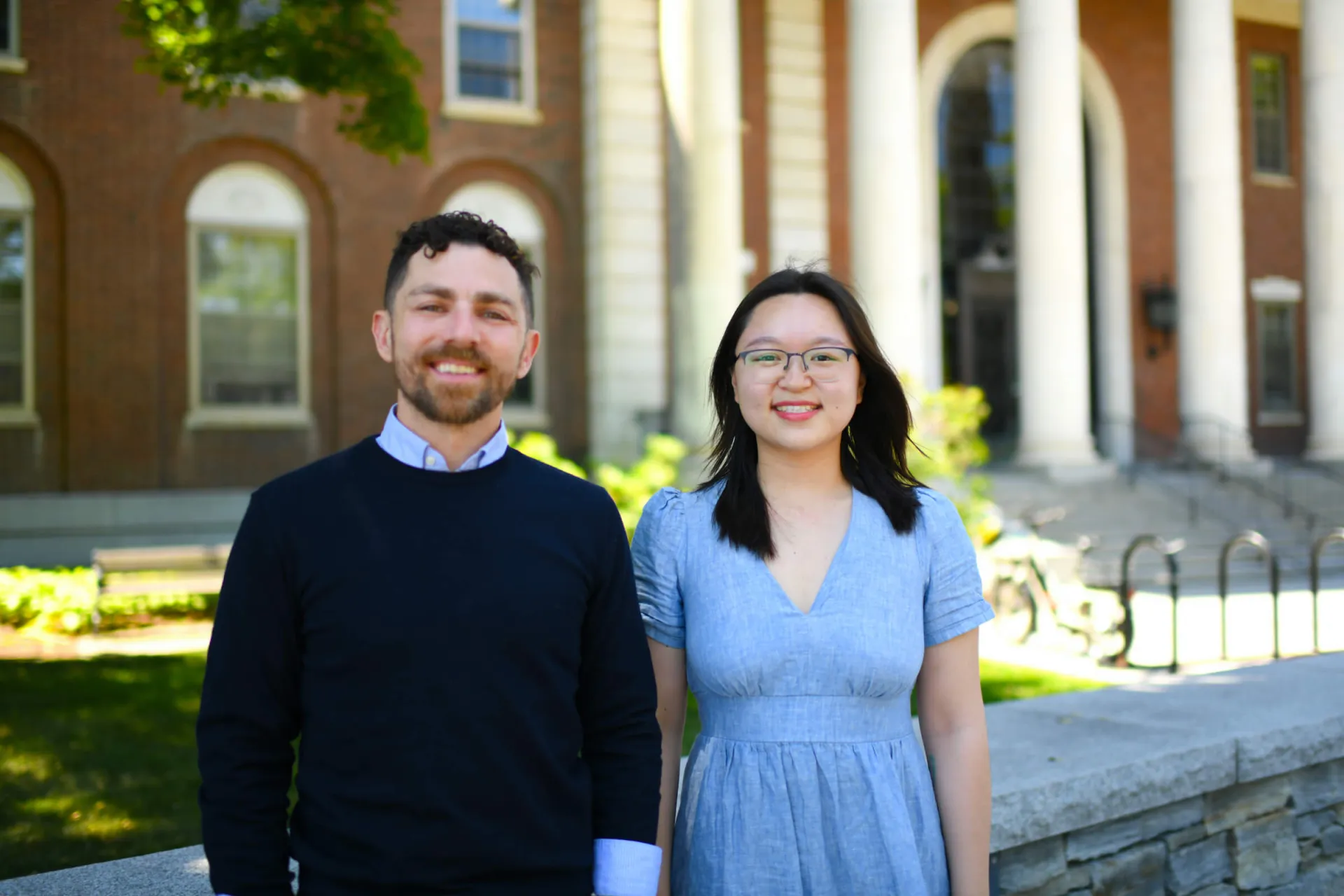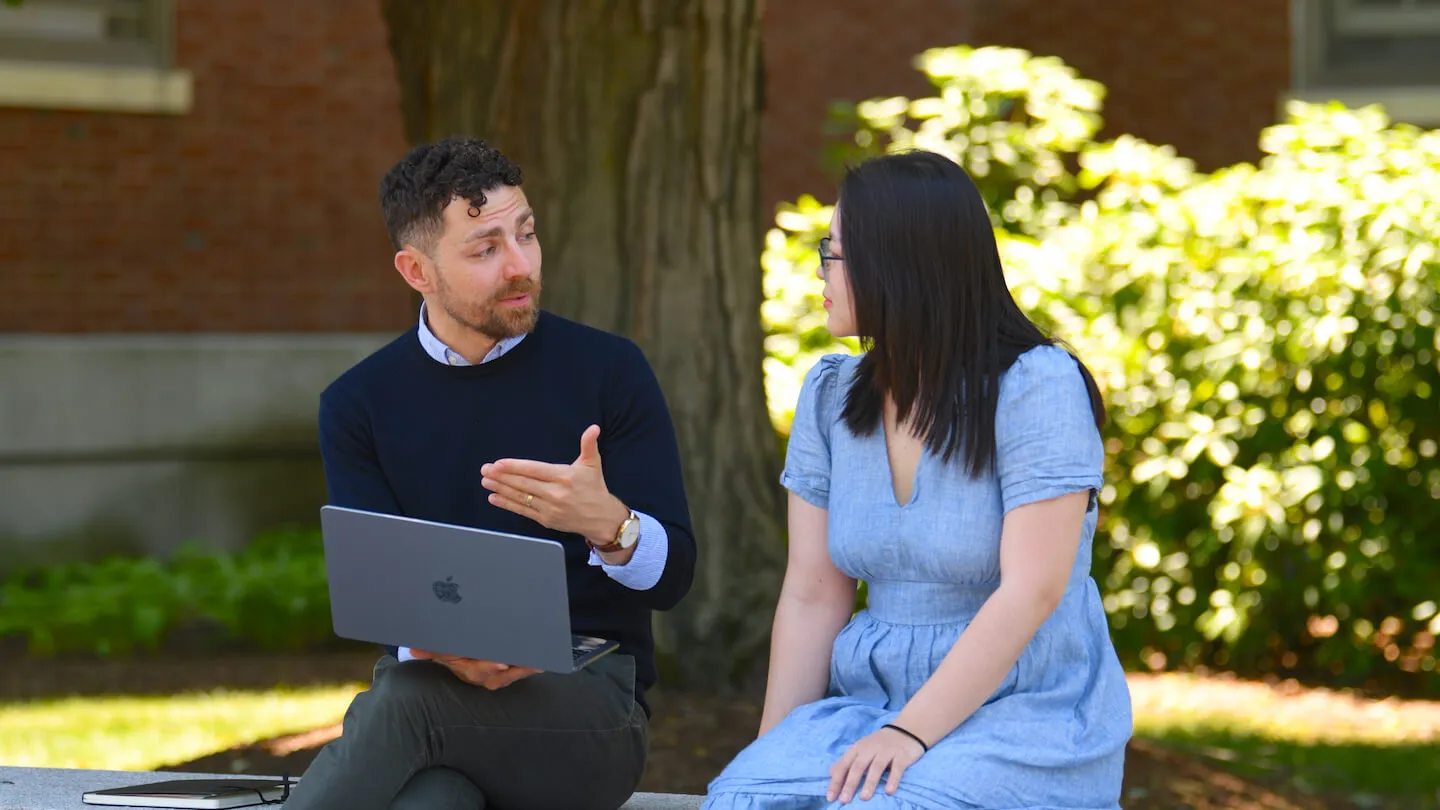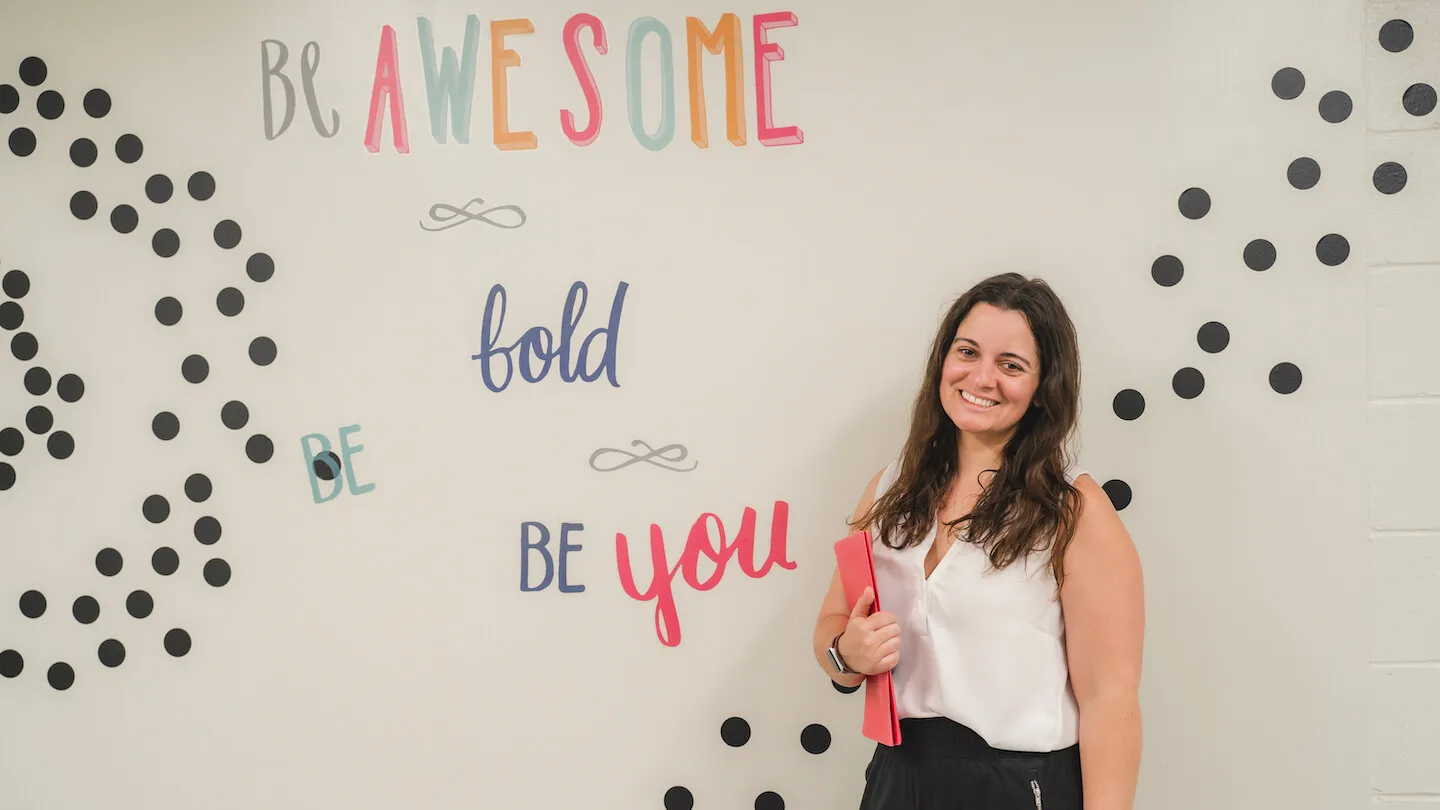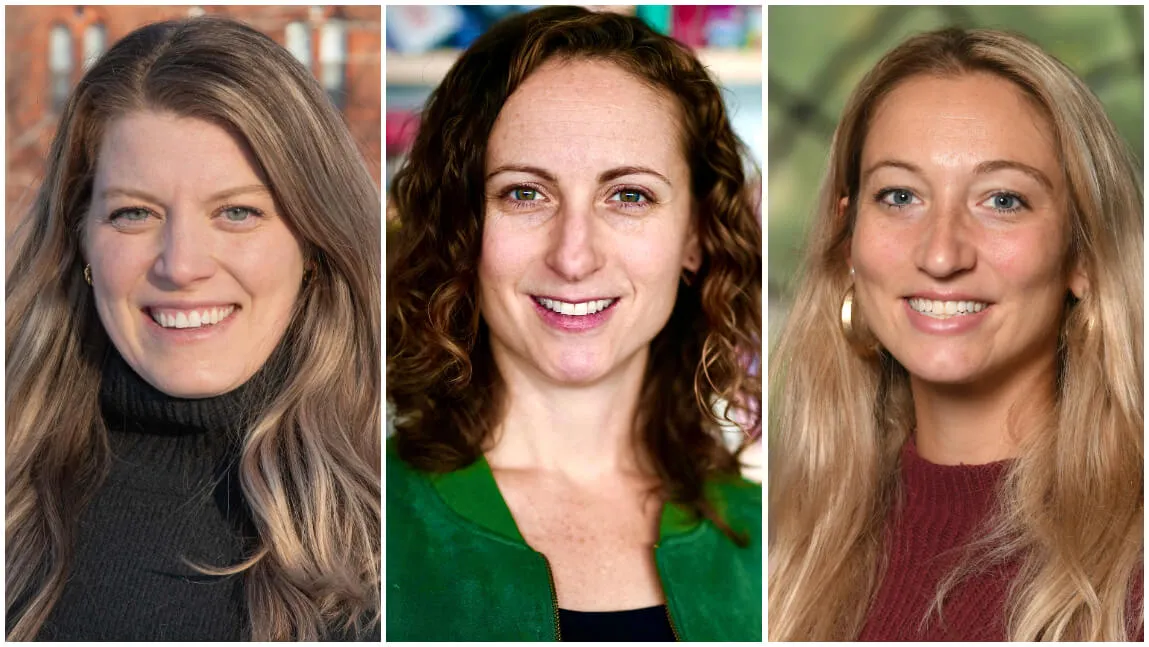What Matthew McCluskey knows about charter schools, charter management organizations, and educational consulting could fill a book—or several academic research papers. And he has done just that with the information gleaned through his meticulous research, publishing numerous papers on these subjects already, with more on the way.
An assistant professor of Educational Leadership and Policy Studies in the College of Education and Social Services, Dr. McCluskey became intrigued by the exponential growth and increasing influence of charter schools across the country. He is particularly interested in charter management organizations, which run three or more charter schools as part of the same network.
“Their presence is pronounced, particularly in urban communities,” McCluskey says, “but they’re pretty reticent to researchers coming in, so much of what we know about them is anecdotal and often self-presented.”
So, he set out to uncover what is going on in these schools.
The Spread of Charter School Policy
For the first arm of the project, McCluskey focused on the spread of charter school policy ideas throughout the charter school system and even into traditional public schools. One charter management organization, Uncommon Schools, has produced 19 best-practice guides about what teachers and leaders in their schools are doing to raise student achievement.
“It’s just two authors publishing at a furious pace,” McCluskey says, “and they’re not peer-reviewed, so these are potentially very biased perspectives on what these schools look like. But we found evidence of their ideas and policy artifacts in all four levels of our analysis—school district, university, state department of education, and private organizations—in all 50 states.”
McCluskey also discovered that these ideas are considerably more likely to be found in more diverse zip codes with higher poverty rates.
“So, it’s not just that they’re being perceived as research, they’re perceived as best practices specifically for low-income BIPOC students,” he says. Two of his most recent papers focus on this aspect of his research:
- “Reform for ‘These’ Kids: Neoliberal Reform, Theorized Target Populations, and Spatial Injustice,” published in Educational Policy, and
- “Uncommon or Too Common: The Discursive Diffusion and Transformation of Charter Edupreneurial Policy Ideas,” published in Journal of Education Policy.
Teacher Turnover
The second arm of this project looks inside these managed charter schools to examine their disproportionately high levels of teacher turnover.
McCluskey notes that teachers were excited to join their charter school communities because of the narratives that have been shared about them—getting coached well, being on the cutting edge of pedagogical innovation, etc.—but their experiences didn’t match that promise.
He also found that teachers were working 80 to 100 hours a week in the building and then taking work home. They also were scared to have relationships with students because everything was so surveilled and controlled.
So far, McCluskey has produced four papers on this part of the project. Published in the Journal of Education, “Leave Like a Champion: Teacher Embeddedness and Turnover at an Urban ‘No-Excuses’ Charter Management Organization,” garnered him the 2024 Karen Lewis Teacher’s Work/Teachers Union Outstanding Paper Award.
The most recent of these four papers, “A Dry Pipeline: CMO Teacher Hiring in an Uncertain Teacher Labor Market,” was published in Leadership and Policy in Schools, and “Turnover Contagion: Trust and the Compounding Impact of Turnover on Teachers” was published in the Journal of School Choice. The fourth paper in this group is under review.
Social Media
The third branch of this project involved researching a micro-mobilization movement through social media. Students and teachers at some charter management organizations created anonymous testimonial Instagram accounts, where they could share some of the traumatizing experiences they’ve had at their respective schools.
“Some of the posts were shocking,” McCluskey says. “They described experiences rife with abuse and racism.”
McCluskey transcribed every single Instagram post from about eight charter management organizations. “It offered a really revealing window into what it’s like to be a teacher and a student across a range of these schools,” he says. “Certainly, the treatment of people within the space can be racialized, problematic, even outright abusive in a number of the communities that we can collect data from.”
Powerful Private Influences
All this research led to an increasing concern on McCluskey’s part with the ways in which our public sector, and public education specifically, are increasingly being altered by powerful private influences. He saw that educational consultants are ubiquitous in modern education and, in some ways, are part of that private influence on public education. So, this prompted a new research project.
“I started last year by interviewing 50 self-identified educational consultants,” McCluskey says. Next, he will interview 50 school leaders who have used the services of educational consultants. And then, he’ll observe 20 educational consultants in action.
“I imagine, much as with the charter management organizations, there are a lot of papers that are going to come out of this,” he says. He is working on one right now that he plans to submit soon.
Collaboration with Doctoral Students
To produce such a large amount of in-depth research, McCluskey often works with PhD students. Wang Jiao, who recently received UVM’s prestigious Presidential Fellowship, will assist McCluskey upon joining the Educational Leadership and Policy Studies PhD program this August.

“I was drawn to Dr. McCluskey’s critical policy analysis of private influences on public education, particularly his use of frameworks centered on power, institutional structures, and policy,” Wang says. She adds that his work on how policy discourse on charter management organizations has diffused geographically resonates with her own interest in the spreading of book banning.
Wang is especially interested in collaborating on McCluskey’s educational consulting project. “Before joining UVM, I worked in an education consulting context,” she says, “and I’m eager to explore how consultants shape educational policy and practice.”
“Jiao will work closely with me,” McCluskey says, “helping me with data collection and data analysis and writing literature reviews. I’m excited to have her join us.”
Curiosity and Tenacity
Working with Ph.D. students has been very rewarding for McCluskey, as has talking with teachers and allowing them to articulate their perspectives.
“Having my work published in outlets that I read constantly feels really exciting,” he adds. “Just seeing the work and my urgency about the changes we’re seeing in public education validated through publication is pretty wonderful.”
As McCluskey’s curiosity and tenacity continue to fuel his research, that kind of validation is sure to continue.



